Another year, another set of Apple updates — and another set of popular app developers who could lose their livelihoods. Here's what Apple Sherlocked at WWDC 2024.
Long before Spotlight, Apple developed a search tool it called Sherlock. An enterprising developer, though, then released an app called Watson that enhanced Sherlock — for a while.
When Apple next updated Sherlock, that release incorporated everything that Watson did, so Watson was now out of business. You can argue whether Apple stole Watson's ideas, or you can point out that these enhancements were a logical next step that Apple would have taken anyway.
What's not arguable is that this practice became known as Sherlocking. Very many times since, Apple has Sherlocked other popular apps.
In 2023, it did it to the Day One app with its Journal, and its mental health features encroached on many an existing mindfulness one.
In 2024, the list is longer than usual and it starts with one whose impact is going to be felt heaviest by the Grammarly app.
Grammarly
It's quite rare for there to be one market leader so very clearly as there is with Grammarly. As it has always been, Grammarly is a machine learning-powered tool to fix your grammar, and spelling.
It's pretty good, but it's not perfect. It's also effectively not free, as what you got for that wasn't worth the zero cost.
Grammarly has been steadily adding AI-based features in order to stay up to date. But if there was one most practical demo in the WWDC keynote, it was to do with text, edits, and rewrite suggestions.
Right from within iOS 18, the AI features will read documents for us and summarize the contents. Apple stresses that this will also be used to check tenses, spelling, and composition.
And, if you don't like what you wrote, Apple Intelligence will be able to rewrite the tone for you.
All worthwhile, all built-in to Apple's operating systems, and all for free — assuming you have a device that supports Apple Intelligence.
Password managers
Dashlane, 1Password, and LastPass have long competed with how Safari saves passwords too, but now Apple has its own, separate Passwords app.
It's not as if they can't have seen it coming, but that doesn't mean third-party password manager firms have to like what Apple has done.
"At LastPass, we believe independence matters. Independence means that people have the freedom to access whatever application or website they want through any mobile device, any OS and any browser," Karim Toubba, CEO, LastPass told AppleInsider. "Tying people down to one vendor's operating system limits their options and the freedom to choose how they live their digital lives."
"LastPass is committed to providing our customers and partners with a password and identity solution that supports a vast array of devices and operating systems based on their choices — not someone else's," continued Toubba.
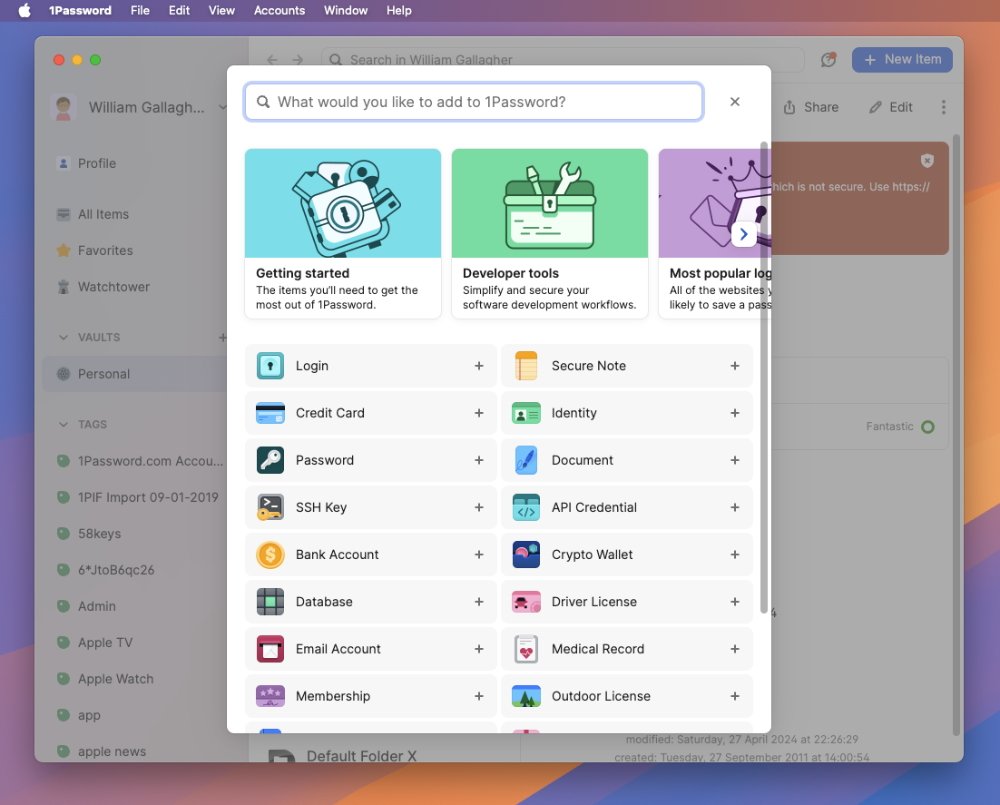 It will take a lot to move existing 1Password users to Apple Passwords, but new ones will need persuading to pay for what they can now get for free
It will take a lot to move existing 1Password users to Apple Passwords, but new ones will need persuading to pay for what they can now get for freePopular manager 1Password is similarly affected, but may not be concerned since it has expanded across platforms to become as much a corporate Windows tool as an individual Mac one. The firm's dependence on the Mac might be gauged by how in 2021 it stopped work on a native Mac update and instead introduced a ported version via Electron.
Window managers
If you've not used a window manager, you don't know what you're missing — and you're going to find out thanks to Apple and its new tiled window feature. This is another side of Sherlocking, where perhaps overly optimistic developers feel that Apple is at least drawing attention to a class of apps.
Certainly Moom, Mosaic, BetterSnapTool, and general purpose apps like Keyboard Maestro do more and in some cases much more than Apple's new rival. They always will, so the question is whether people will seek them out when their needs outgrow what Apple offers.
Calculators
It was expected that Apple would finally launch a calculator for the iPad and that automatically made many users see it as a rival to the very long-standing PCalc. However, when it was finally revealed, Apple's calculator also took on tools like Soulver.
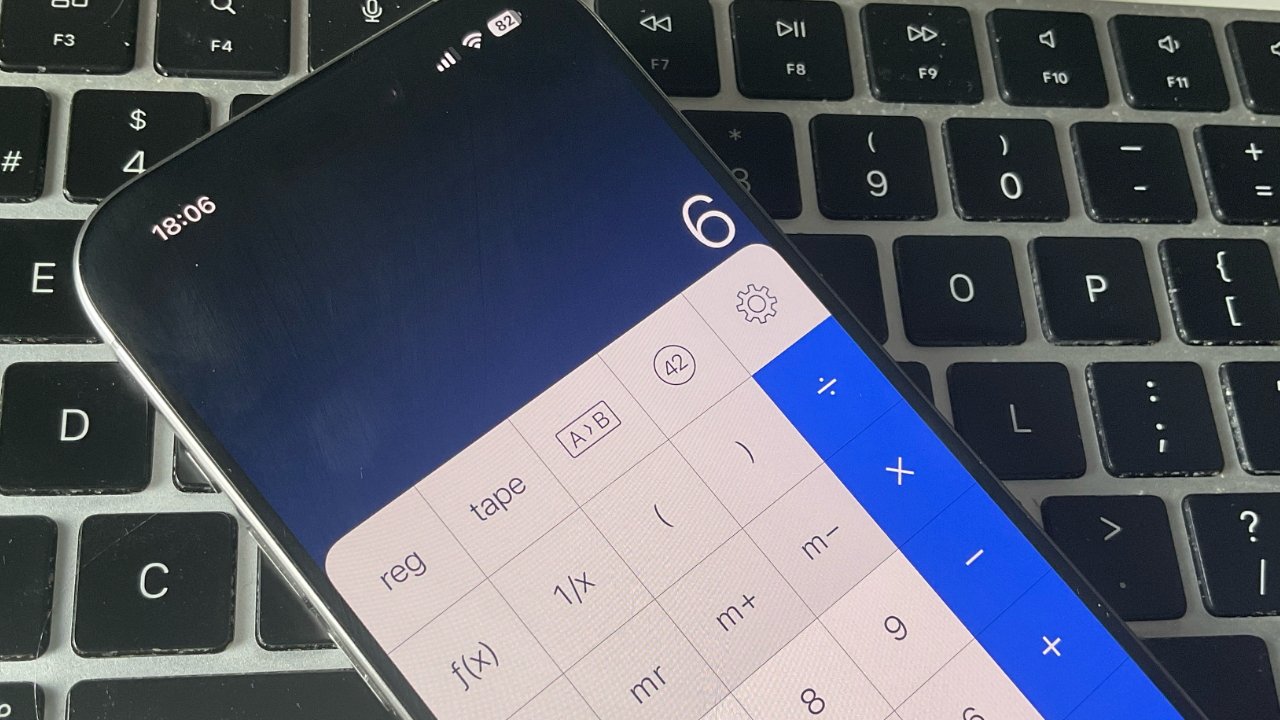 PCalc has been a favorite on all Apple devices for decades, but now Apple's Calculator is much improved — and finally on the iPad
PCalc has been a favorite on all Apple devices for decades, but now Apple's Calculator is much improved — and finally on the iPadSoulver is an app that calculates results based not on spreadsheet cells or a user directly tapping in precisely the calculation they want. Instead, they can write out equations and Soulver solves them — just as Apple can now do.
Calendars and task managers
This one is less about Apple taking on a specific app, more about it competing with one particularly convenient feature of popular apps. Just as with Fantastical, BusyCal and really any third-party calendar app, Apple's own Calendar now integrates with Reminders.
There's an argument to be made that appointments and tasks are different things, but as of iOS 18 and macOS Sequoia, Reminders tasks can be see in the Calendar.
AI and ChatGPT
Apple is offering, or will be offering, use of the latest ChatGPT model, GPT 4.0, and doing so for free. That will immediately mean fewer people subscribing to the paid version.
Craig Federighi did say that ChatGPT subscribers would get extra features for their staying on site. But he didn't distinguish what those are, and as yet it's not possible to tell what impact Apple will have because its AI features lik this are not in the first developer beta.
What happens to Sherlocked developers
Ultimately, it's probably not going to be possible to determine just how much impact Apple will make with this year's round of Sherlocking. Hopefully developers have other revenue streams, but perhaps it is also true that having Apple put a spotlight on your business is a good thing.
All hope is not lost. Developers often respond to getting sherlocked by working to distinguish their offerings from Apple's.
Typically that means offering more features or going beyond the basics that Apple usually offers. So despite Reminders being both excellent and free, for example, there remains a strong market for more powerful task managers such as Todoist Pro, Things 3, and OmniFocus.
 William Gallagher
William Gallagher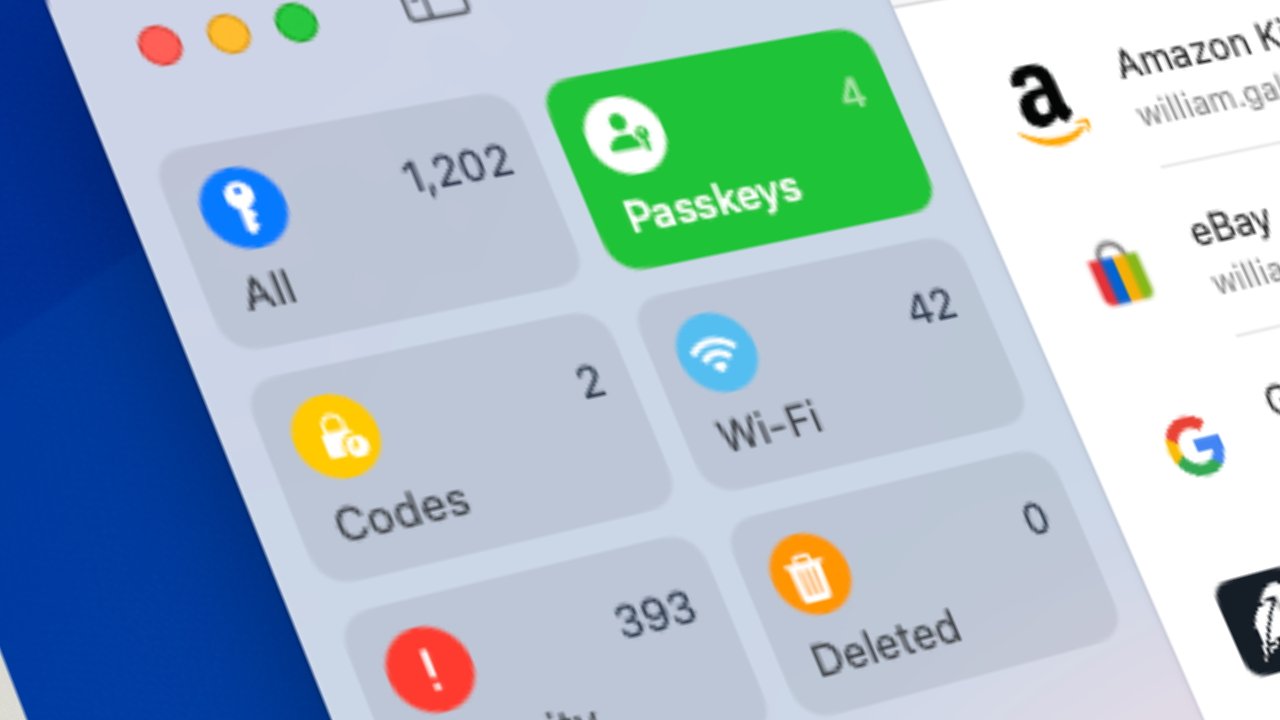
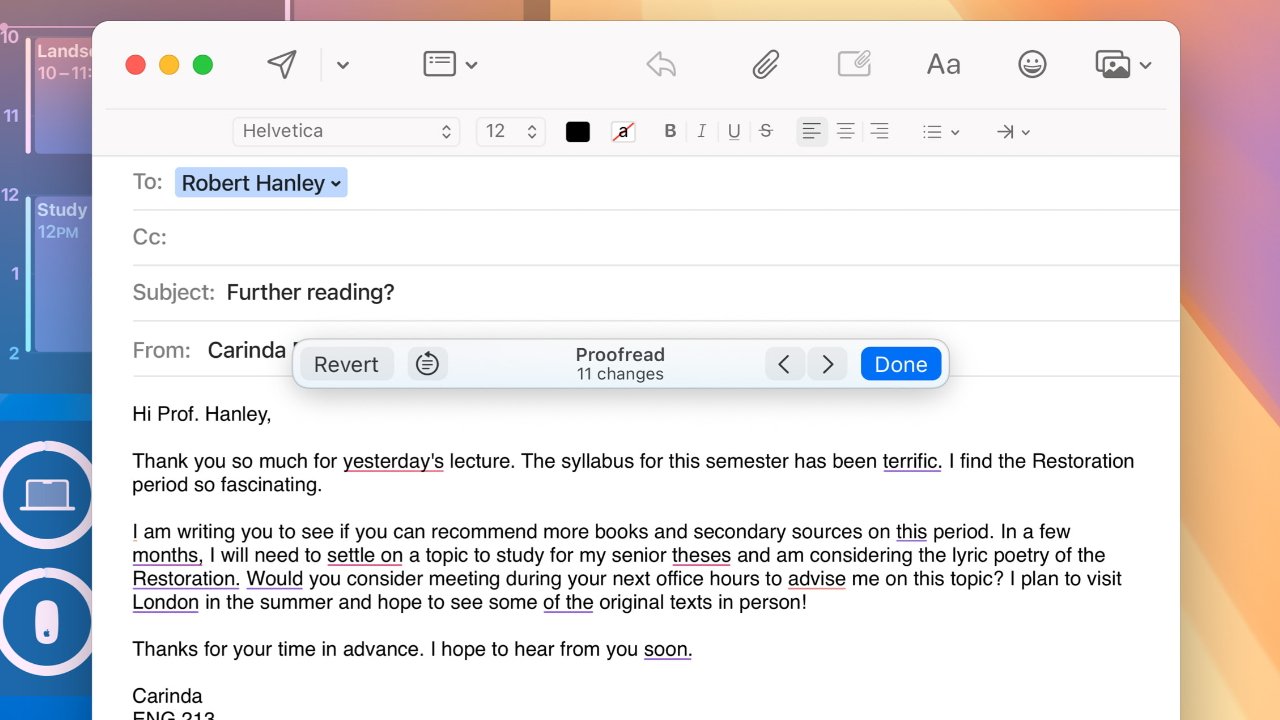




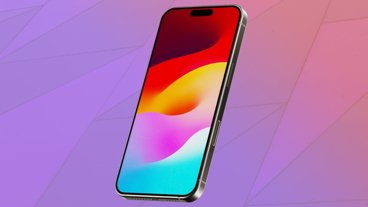


-m.jpg)





 Malcolm Owen
Malcolm Owen
 Charles Martin
Charles Martin


 Stephen Silver
Stephen Silver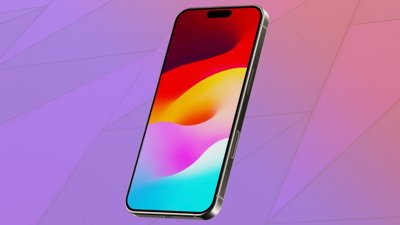

 Christine McKee
Christine McKee
 Amber Neely
Amber Neely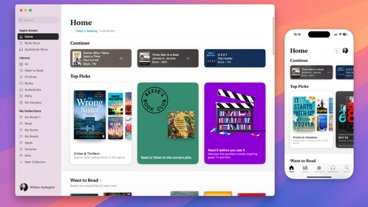








45 Comments
Also looks like the hiking routes features in Maps will make apps like All Trails a bit less necessary to download (great app btw)
Let’s see:
1Password - when they stepped onto the Electron bandwagon, I stepped off paying for any updates. 7.whatever still runs, if all you need is a password vault, which I use as a deep archive (for accounts I never use, but some vendor may still maintain my account) and a backup to Keychain Access. Speaking of which, what will Passwords offer that Keychain access does not?
Grammarly: Never used it. After six years of rote learning of grammar, syntax, and composition in English in high school, at least until dementia sets in, I don’t need anyone else’s grammar interventions.
Calculator: will have to see what it can do that I don’t do already with Kalkulilo.
ChatGPT: As I emailed Tim Cook last evening, all I want from ChatGPT is a kill switch so I am never pestered to use it, for anything.
Microsoft did the same thing with Windows at least as far back as the 90s.
I’ve dabbled in third party solutions, and tend to give up using them. Some of them got my money, and I have no regrets.
1Password - I was NOT a fan of moving to a subscription, and there was one update that “broke” attachments. If Apple’s native password manager lets me maintain parity between my Mac and my frankenbox (though with Microsoft screwing up Windows 11 as it is, I may not need the frankenbox anymore), I don’t mind removing another subscription from my budget.
Windows managers - I’ve tried them and this functionality doesn’t really work for me anyway.
Calculators - I never needed anything fancy. The apps on iPhone and my Mac are fine for my needs. PCalc has a digital dice app, which I did buy and I am sure Apple has no interest in. So if anyone wants to keep supporting PCalc, especially if you’re looking to get into TTRPs, Dice is worth the price.
Journals - I have never been able to journal, even though I bought several journaling apps (some of which switched to subscription, and I draw the line at subscription models for software.